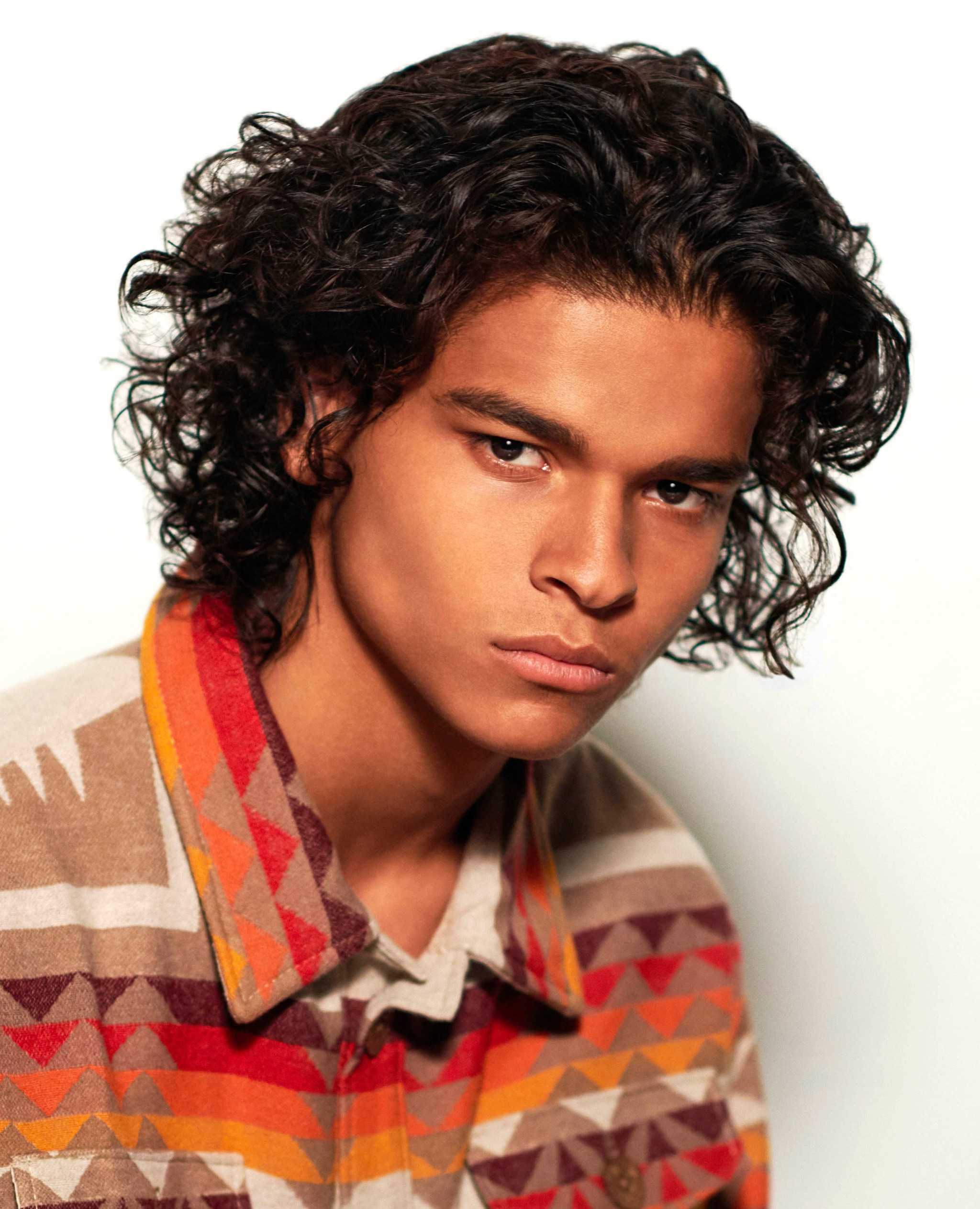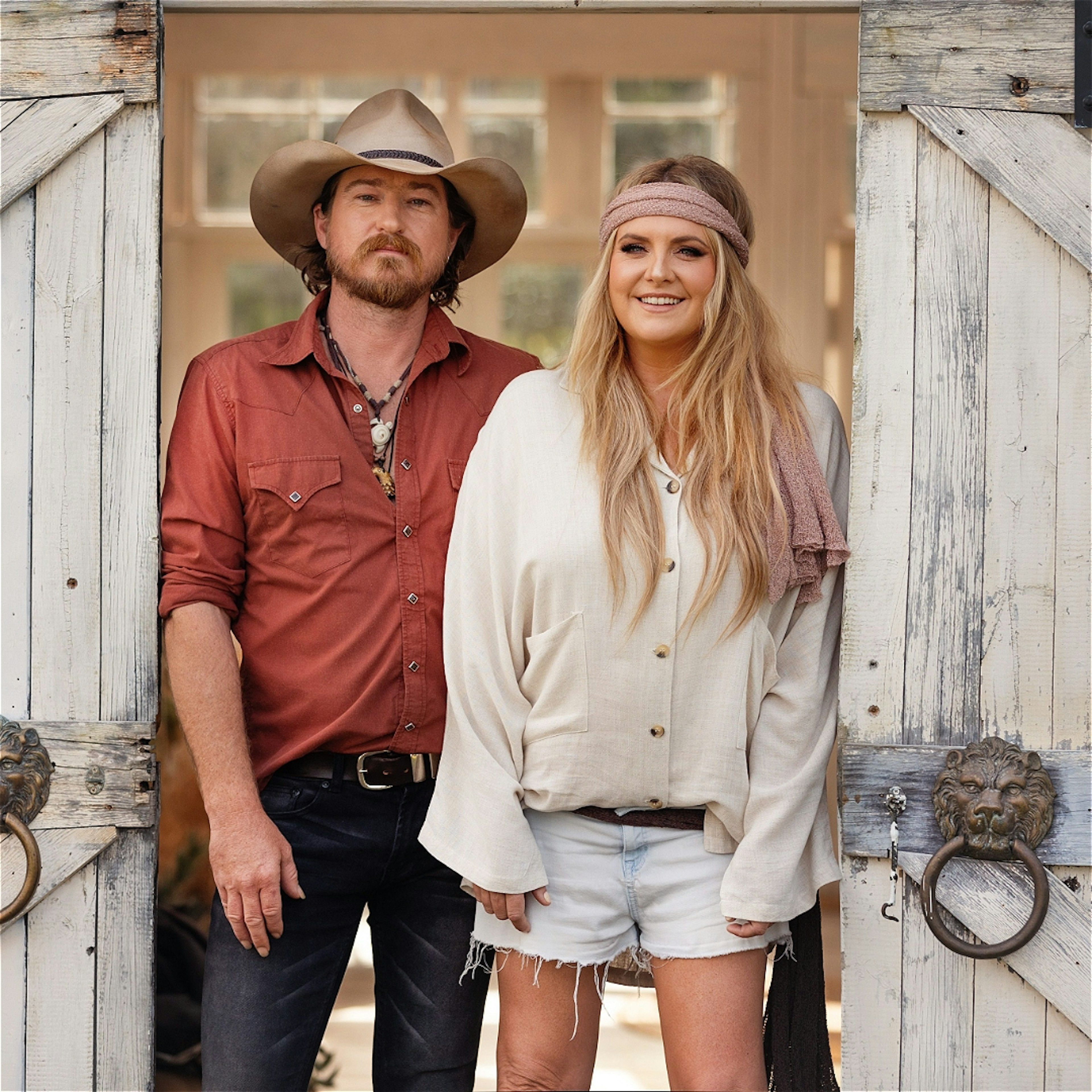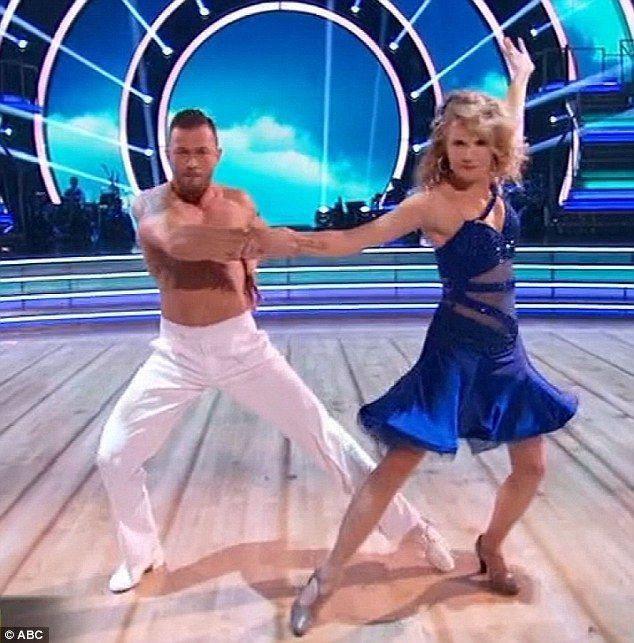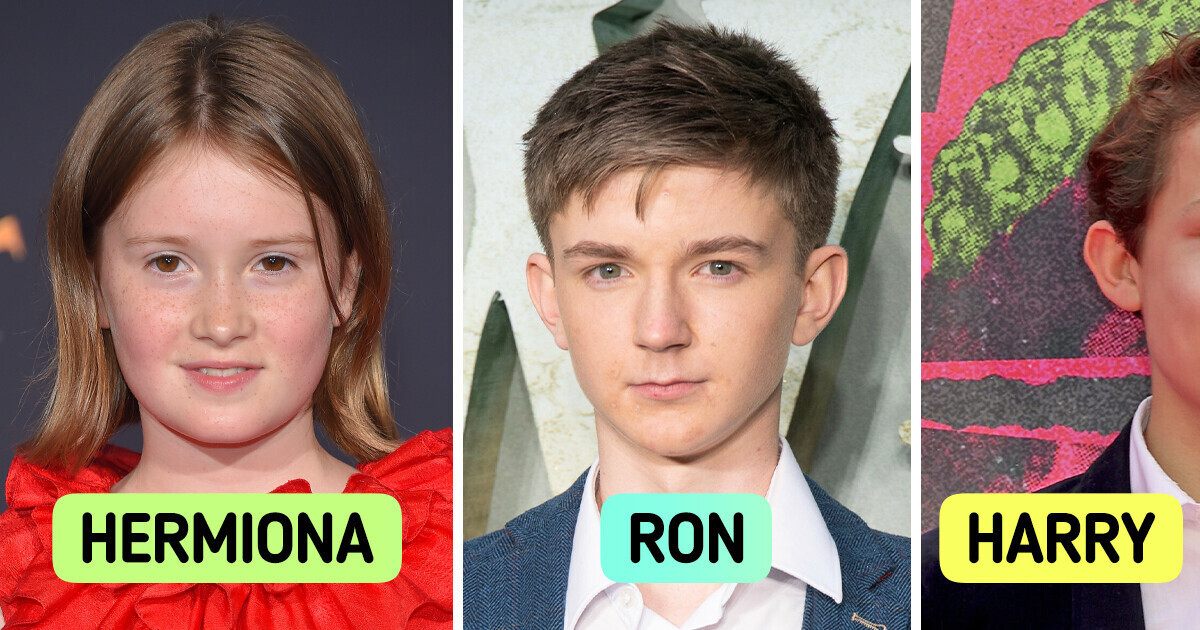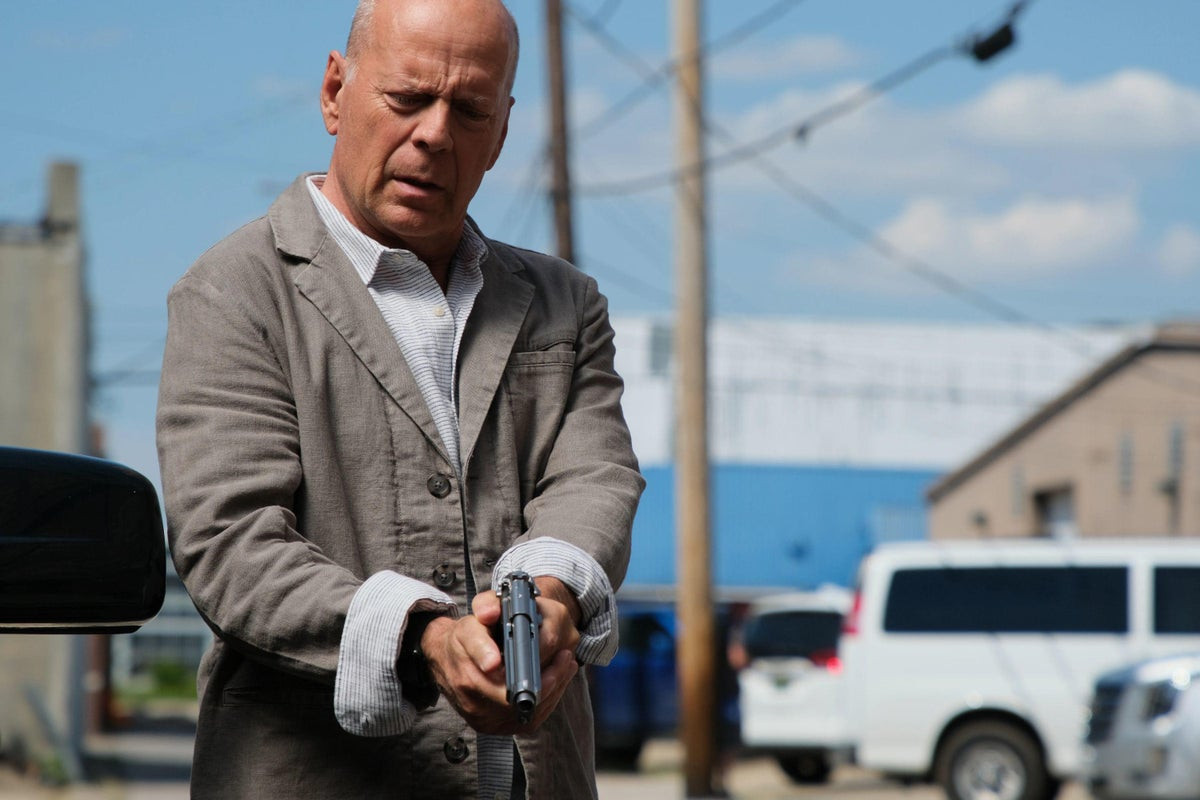D'Pharaoh Woon-A-Tai, who stars in the critically acclaimed FX series "Reservation Dogs," shared a powerful message on the 2024 Emmys red carpet Sunday. The 22-year-old painted a red handprint over his mouth to stand in solidarity with murdered and missing Indigenous women.
Woon-A-Tai’s stylist Avo Yermagyan confirmed that the styling was purposefully kept minimal to draw attention to the nationwide scourge of missing and murdered Indigenous women (MMIW). “The restrained styling puts the focus on the red palm print, hand-painted by groomer Martha Phelan,” Yermagyan said to Vogue.
The symbolic move represented his solidarity with the Indigenous communities of Canada and USA, bringing focus to the increasing rate of missing and murdered Indigenous women across both countries. According to the Native Hope organisation, “A red hand over the mouth has become the symbol of a growing movement, the MMIW movement. It stands for all the missing sisters whose voices are not heard. It stands for the silence of the media and law enforcement in the midst of this crisis. It stands for the oppression and subjugation of Native women who are now rising up to say #NoMoreStolenSisters.” Urban Indian Health Institute reports the youngest MMIW victim was a baby less than one year old and the oldest victim was an 83-year-old.
Woon-A-Tai has been outspoken about making Indigenous stories more visible in Hollywood, including with Reservation Dogs, which aired its final season of the FX on Hulu series earlier this year. “I think we’re pushing to a time when we don’t need anybody to tell our story for us. If you want to make a story regarding Native people, it should definitely be mandatory, in my opinion, to have a Native director, Native writer, and Native casting director,” he said to Elle in an old interview.
The Symbolism Behind the Red Handprint
The red handprint over the mouth has become a powerful symbol of the MMIW movement, representing the silenced voices of missing and murdered Indigenous women. According to Native Hope, the symbol stands for the following:
- The Missing Sisters: It represents the countless Indigenous women whose lives have been tragically taken and whose voices are no longer heard.
- The Silence of the Media and Law Enforcement: It highlights the lack of attention and support given to this crisis by the media and law enforcement agencies.
- The Oppression and Subjugation of Native Women: It symbolizes the systemic oppression and subjugation that Indigenous women face, leading to their vulnerability and endangerment.
- #NoMoreStolenSisters: It serves as a rallying cry and a demand for justice, urging action and change to prevent further violence against Indigenous women.
The red handprint is a visual representation of the urgent need to address the MMIW crisis and ensure the safety and justice for Indigenous women.
Reservation Dogs: A Celebration of Indigenous Life
Woon-A-Tai’s Emmy appearance wasn't his only effort in amplifying Indigenous voices. He’s also a star on the Emmy-nominated “Reservation Dogs,” a comedy-drama series that has garnered critical acclaim for its authentic portrayal of Indigenous life. The show, which follows four Indigenous teenagers in rural Oklahoma as they spend their days thieving to reach their goals, has been praised for its humor, heart, and cultural sensitivity.
Amplifying Indigenous Voices in Hollywood
Woon-A-Tai is one of many Indigenous artists and actors who are working to amplify Indigenous voices in Hollywood and beyond. His use of his platform to bring attention to the MMIW crisis is a powerful testament to the importance of using art and activism to create change. By raising awareness and challenging the status quo, these individuals are paving the way for a more inclusive and representative entertainment industry.
A Call for Action
Woon-A-Tai's bold statement at the Emmys serves as a reminder of the urgent need to address the MMIW crisis. It is a call to action for everyone, demanding increased awareness, support, and justice for Indigenous women. By amplifying their voices, we can work towards a future where their lives are valued, protected, and celebrated.
The Legacy of Reservation Dogs
Reservation Dogs, created by Sterlin Harjo, an Oklahoman and Muscogee (Creek) citizen, has made a significant impact on the landscape of television. The show has not only brought Indigenous stories to the forefront but has also been praised for its authenticity and cultural sensitivity. It's a testament to the power of storytelling to connect with audiences on a deeper level and to spark conversations about important social issues.
Reservation Dogs has also been recognized for its talented cast, including D'Pharaoh Woon-A-Tai, Devery Jacobs, Pauline Alexis, and Lane Factor. The actors' performances have been lauded for their naturalism and authenticity, capturing the spirit and resilience of Indigenous youth.
A Moment of Hope
While Reservation Dogs has come to an end after three seasons, its legacy will continue to resonate. The show has opened doors for more Indigenous representation in Hollywood, paving the way for future generations of Indigenous storytellers. Woon-A-Tai's powerful statement at the Emmys is a testament to the commitment of Indigenous artists to use their platform to advocate for change and to ensure that Indigenous voices are heard.




